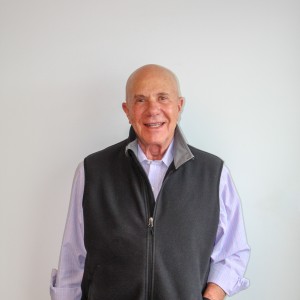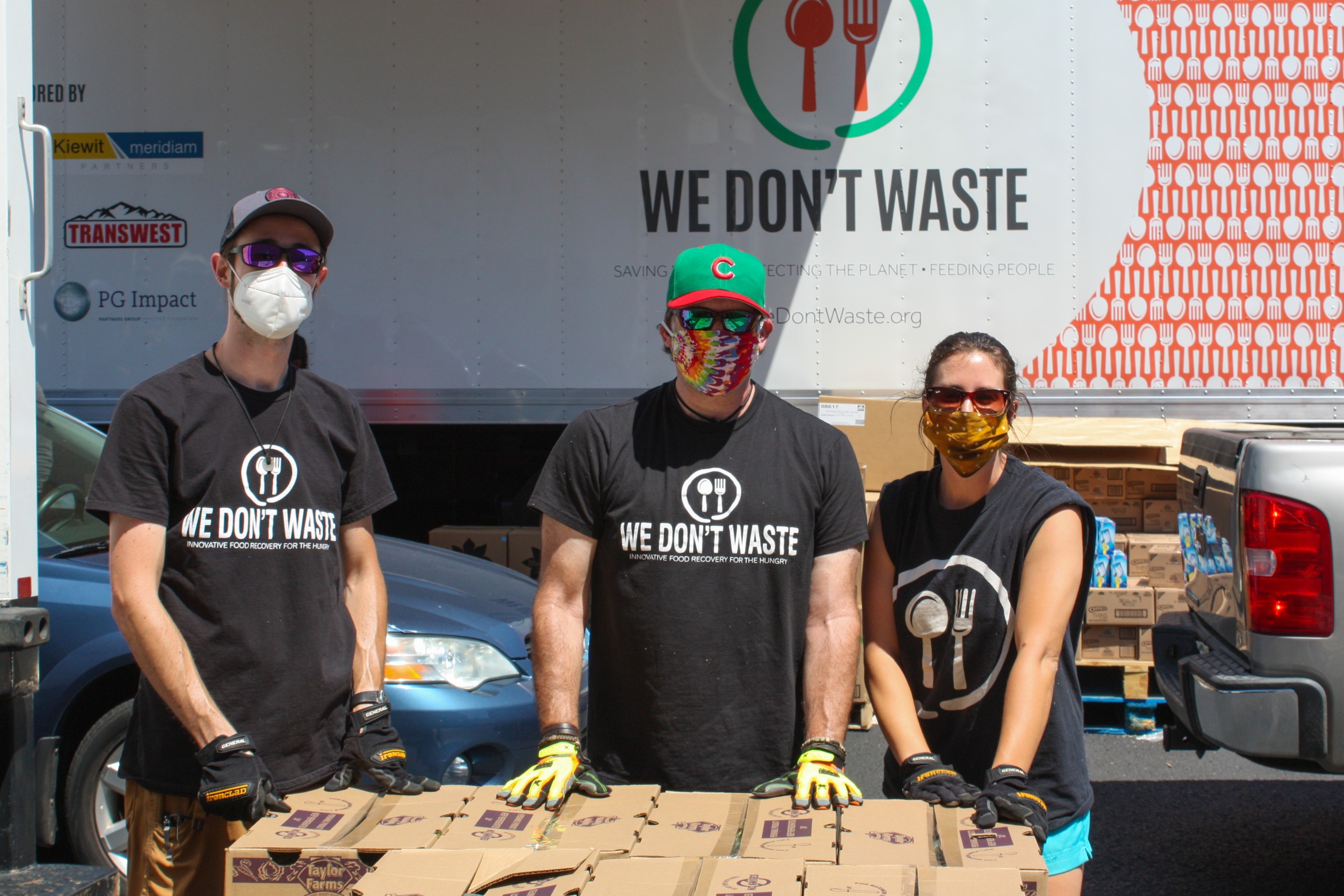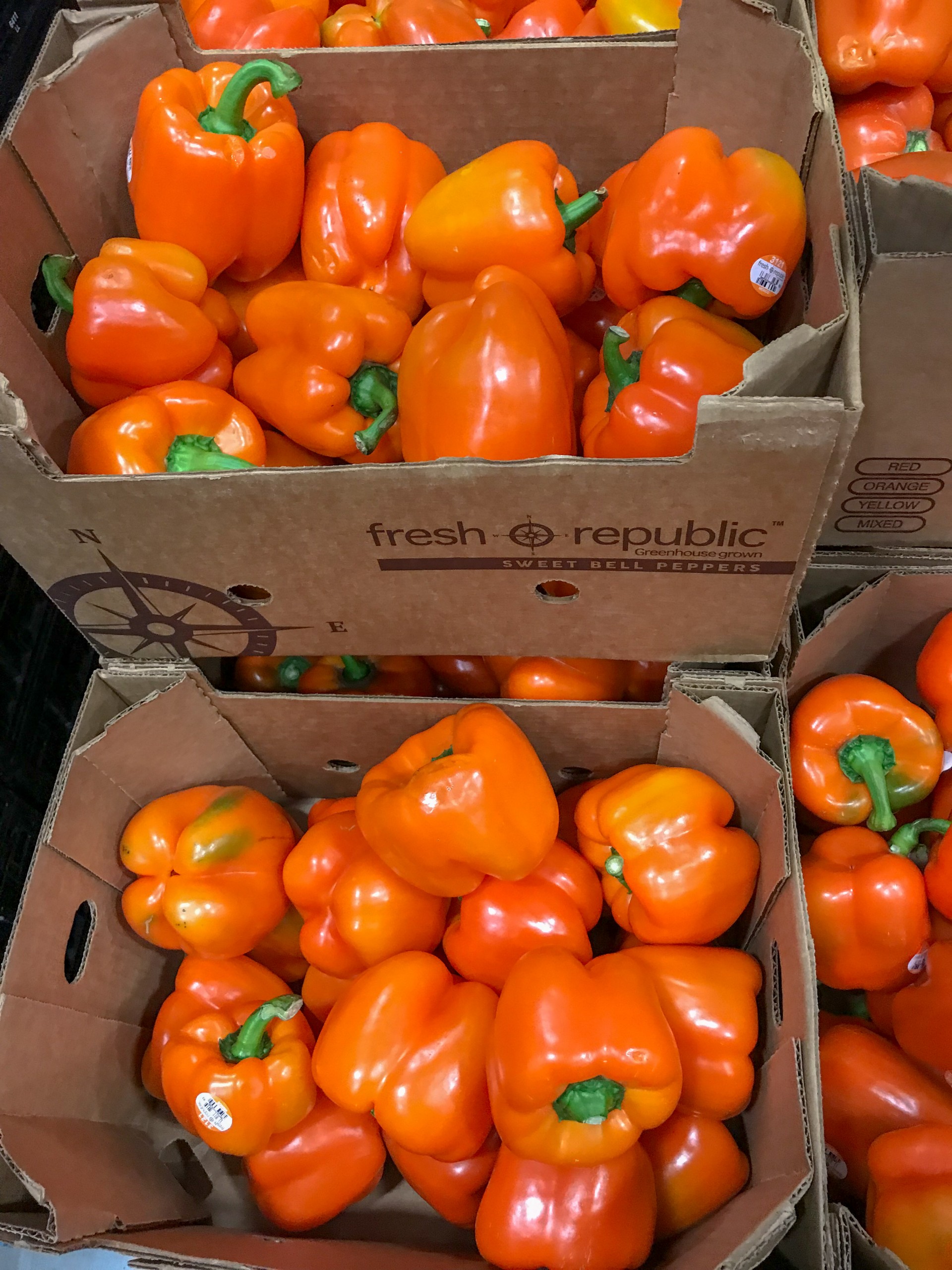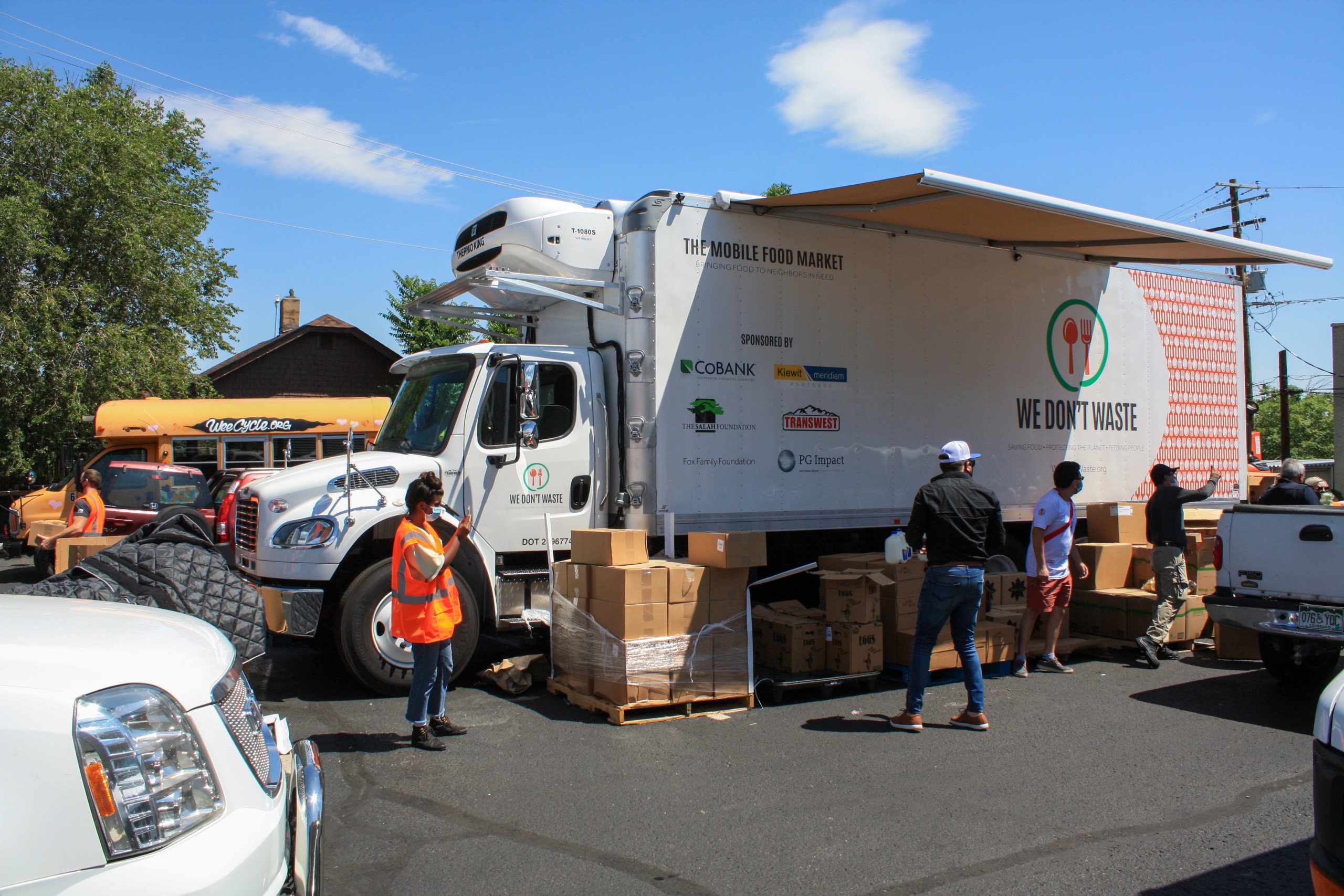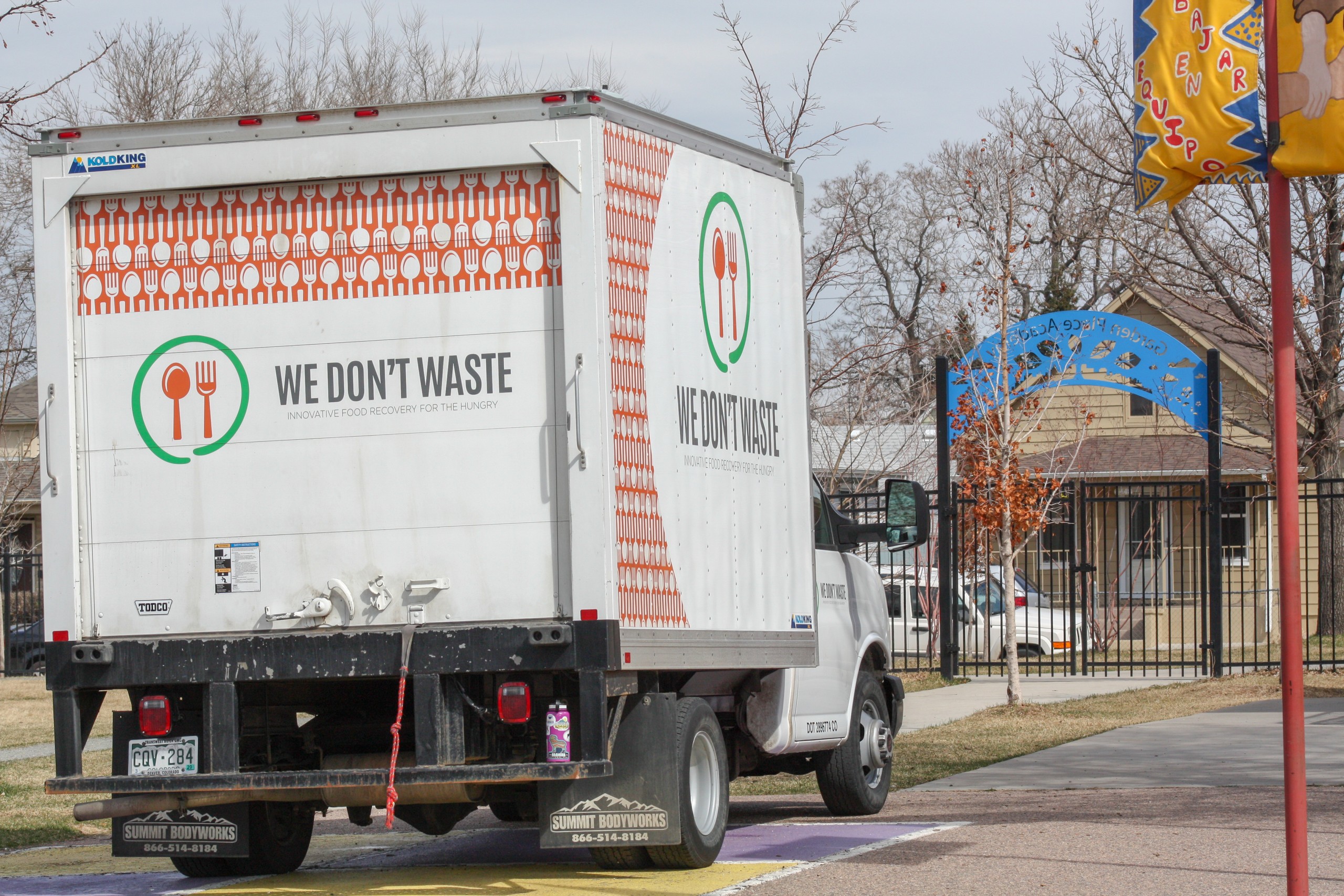Careit, a Los Angeles-based free food donation and rescue app that connects businesses to nonprofits to combat hunger, is officially available in Denver. The app provides a free online marketplace that makes it easy for Denver restaurants, caterers, food distributors, corporations, grocery stores and more to donate surplus food and goods directly to local nonprofits in the area. Available nonprofits claim the food, arrange for transport and track the donation’s details and weight, all from within the Careit app.
Denver Food Waste and Careit’s Solution to Help
On a local level, more than four pounds of food per person on average is wasted at home every week in Denver, and 76 percent of that could have been eaten. A Natural Resources Defense Council (NRDC) study revealed up to 7.1 million additional meals annually could be donated in Denver beyond current donations. With Careit’s food rescue app, more than 180,000 pounds of surplus food has been donated in Denver to date.
READ: Rising Food Costs Create Unique Challenges for Hunger-Focused Agencies
Currently, 95 businesses and nonprofits are using Careit in Colorado, most centralized in the Denver metropolitan area. Among the first to join Careit in the Denver area include We Don’t Waste, Sprouts, Denver Food Rescue, AutoDesk, SupperBell, Rebel Bread, Sullivan Scrap Kitchen many more.
“Launching Careit in Denver has been amazing because the city has a strong reputation and commitment to reducing waste and helping those in need in their community,” Alyson Schill, Careit CEO, said. “We invite more businesses, restaurants, nonprofits, grocery stores and more to join us as we continue to serve an expanding population of seniors, families and students experiencing hunger.
“Careit has been an integral addition to our food recovery program,” Sam Talarczyk, We Don’t Waste Director of Programs & Operations, said. “The technology has allowed us to expand our partnerships with local businesses, engage with more volunteers, and, most importantly, rescue more food.”
How to Share it with Careit
Careit uses smart algorithms and Geographic Information System (GIS) technology to empower local nonprofits and communities with equal access to the surplus of resources. The Careit app can be downloaded on all iOS and Android devices. The process to start donating surplus food is simple:
- Post a Donation: Businesses, nonprofits, and institutions can post surplus edible food and essential goods for pick up or drop off.
- Match to a Nonprofit: Local hunger-relief agencies browse (and reserve) posted donations. Donors can also directly assign a post to their preferred charity.
- Arrange Transportation: Nonprofits assign their own trained staff or volunteers to schedule a pickup or drop off with the donor.
- Manage Data: Careit provides businesses, nonprofits and governments a robust platform for data and impact tracking – used for taxes, fundraising and quality control.
The Careit Difference
Unlike other food donation technology, Careit is not proprietary for any nonprofit and does not require donors to sign exclusivity contracts. The app is free to use for all U.S.-based food donors, corporations, municipalities and nonprofits to give and receive food. App users are only charged subscription fees to access advanced features such as data reporting to help with tax deductions and record-keeping for food rescues and donations.
Careit enables corporations to track their food donation efforts for new food waste policy compliance, committed environmental social good (ESG) campaign efforts and tax-deductible charitable contribution tracking. Businesses save time and staff costs of record-keeping for donations with Careit’s revolutionary platform for data and impact tracking.
Careit knows how important it is to train individual behavior and create social change. That’s why the company offers in-person and virtual workshops to train new users on how to safely donate food and use its app.
Founded in 2021, Careit is a free app to match commercial food donors to the country’s most inclusive network of nonprofits. Businesses sign up to simplify food donations, track their impact and track tax-deductible contributions. Careit has assisted more than 1,600 edible food donors to connect with over 770 local nonprofit food recovery organizations and service providers through its platform. Eight million pounds of food from 25,000 donations have been recorded on Careit. To learn more, visit careit.com.

